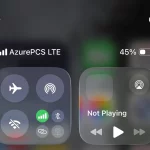Sponsored Links
O2 UK Trials Next Generation 4G LTE Mobile Broadband Technology
Posted: 01st Oct, 2009 By: MarkJ
 Mobile operator O2 UK has been chosen by parent company Telefonica to be one of six different providers in six countries (Spain, UK, Germany, Czech Republic, Brazil and Argentina) to take part in trials of its 'up to' 340Mbps next generation Long Term Evolution ( LTE ) based Mobile Broadband technology.
Mobile operator O2 UK has been chosen by parent company Telefonica to be one of six different providers in six countries (Spain, UK, Germany, Czech Republic, Brazil and Argentina) to take part in trials of its 'up to' 340Mbps next generation Long Term Evolution ( LTE ) based Mobile Broadband technology.Telefonica claims that, in ideal conditions, this 4th Generation (4G) mobile service will be able to offer peak speeds of up to 340Mbps. Indeed the future Advanced LTE specification also claims a theoretical maximum of approaching 1000Mbps.
The suppliers chosen so far include Alcatel-Lucent, Ericsson, Huawei, NEC, Nokia Siemens Network and ZTE. They will start rolling out the equipment necessary for testing the technology during the coming months. O2 UK expects to begin its trials within the next six months.
Julio Linares, COO of Telefónica, said:
"At Telefónica we are working with the conviction that we can only offer our clients the maximum levels of quality and innovation. To do this, we are defining our strategy and the rollout of LTE with the objective of driving mobile broadband and offering the best service from the moment that the equipment and terminals can support the new standards and are available for sale."
"At Telefónica we are working with the conviction that we can only offer our clients the maximum levels of quality and innovation. To do this, we are defining our strategy and the rollout of LTE with the objective of driving mobile broadband and offering the best service from the moment that the equipment and terminals can support the new standards and are available for sale."
The most recent public demo of LTE by Telefónica took place in Madrid during April. It consisted of the first VoIP call and successive downloads of data and images at transfer speeds in excess of 140Mbps, among other things. The new trials will include laboratory tests and the installation of e-node Bs in the field.
However consumers should not expect to see the stated performance of 340Mbps because delivering that level of capacity to everybody is simply unaffordable, even for fixed land-line broadband ISPs. Ericsson recently suggested that speeds of 36Mbps were more probable, although we think that too may be wishful thinking.
The fact is that while LTE may bring better latency, capacity management, stability and maximum speeds, most UK mobile operators remain hobbled by the high cost of adding new capacity. Even modern day HSPA based Mobile Broadband services, which should be capable of reaching up to 14.4Mbps, can barely muster an average of 1Mbps.
Still LTE remains a significant improvement over HSPA and, when the technology finally starts to rollout towards the end of 2010, O2 UK are likely to launch a new generation of hardware and services to accompany it. We just hope they don’t start making ridiculous speed claims that can never be achieved.
Search ISP News
Search ISP Listings
Search ISP Reviews
Latest UK ISP News
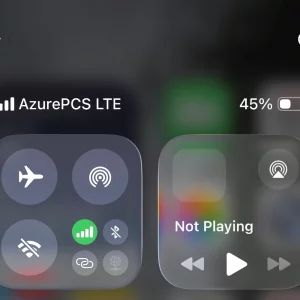



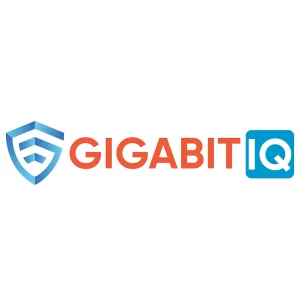
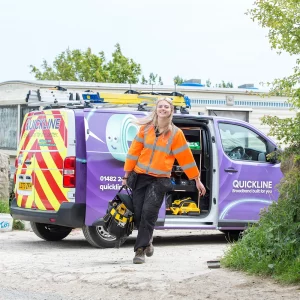
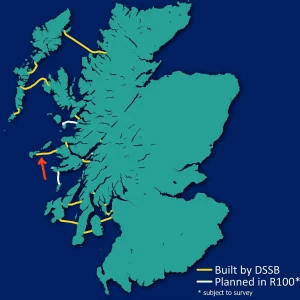

Cheap BIG ISPs for 100Mbps+
150,000+ Customers | View More ISPs
Cheapest ISPs for 100Mbps+
Modest Availability | View More ISPs
Latest UK ISP News
Helpful ISP Guides and Tips
Sponsored Links
The Top 15 Category Tags
- FTTP (6886)
- BT (3911)
- Politics (3108)
- Business (2814)
- Openreach (2691)
- Building Digital UK (2530)
- Mobile Broadband (2515)
- Statistics (2155)
- FTTC (2150)
- 4G (2126)
- Virgin Media (2053)
- Ofcom Regulation (1794)
- 5G (1771)
- Fibre Optic (1615)
- Wireless Internet (1614)
Sponsored
Copyright © 1999 to Present - ISPreview.co.uk - All Rights Reserved - Terms , Privacy and Cookie Policy , Links , Website Rules








